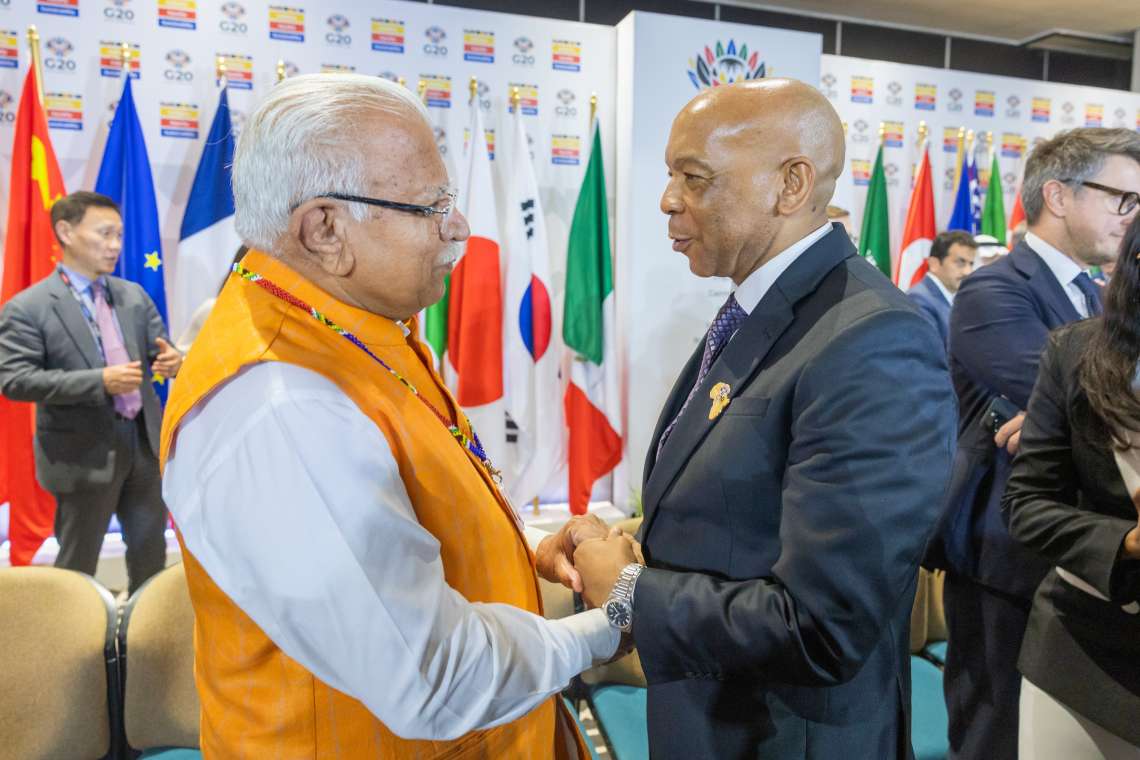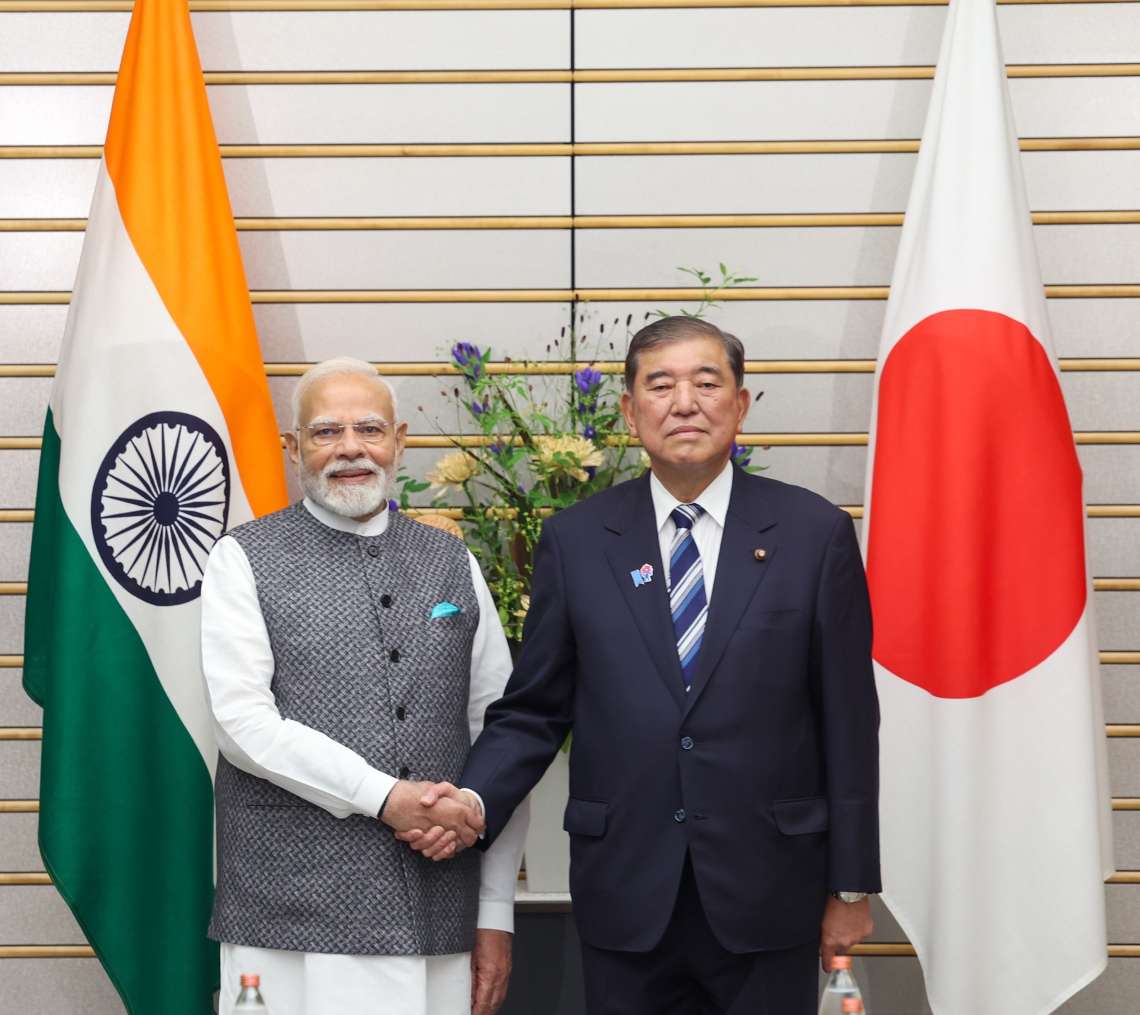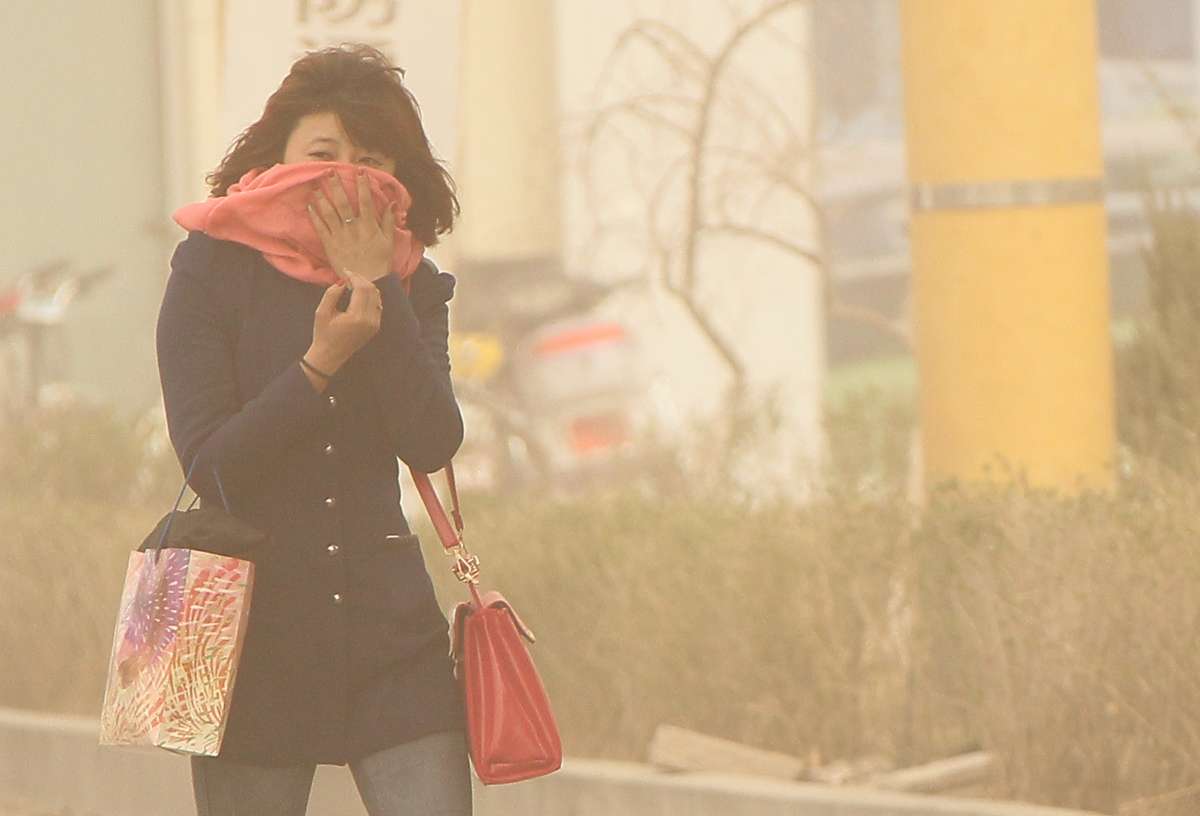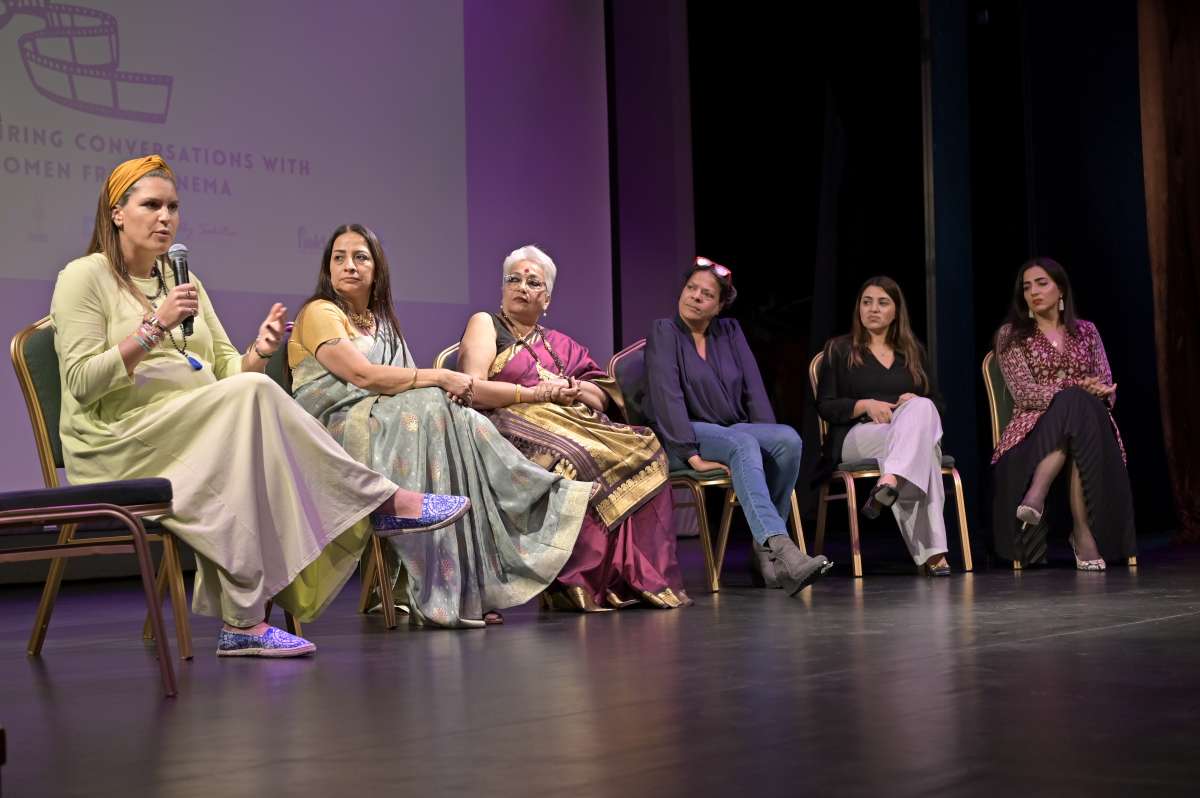The UN Human Rights Council was informed of the increasing threat of hybrid warfare in Kashmir…reports Asian Lite News
Although Kashmir was often in the news regarding jihadist attacks against its own population, particularly in the late 1980s and 1990s, positive changes have since developed there. More impressively, these changes have been instigated by the Muslims of Kashmir themselves, and without the interference of Pakistan. However, challenges remain, especially as Turkey becomes increasingly vocal in its support of Islamabad.
Jammu and Kashmir is historically Hindu and Buddhist but is currently majority-Muslim. It is partially occupied by China and Pakistan, with the part administered by India often preyed on by Pakistani-backed Islamists.
Islamists continue to target members of the Hindu community, as well as peaceful Muslims living in Kashmir. For example, the now-dead Zakir Musa, who was an influential Kashmiri leader, had aligned himself with al-Qaeda and said that he wanted to “impose Sharia in Kashmir,” and more frighteningly, that it should be done by force rather than consensus.
Although it might be easy to dismiss this as an Islamic problem, most Muslim residents of Kashmir advocate for a peaceful coexistence with people of other religions. They reject jihad and expect their government to provide security.
At the 52nd session of the UN Human Rights Council, attended by new Kashmiri voices who aspire to change the global perception of Kashmir, testimonies were given regarding the positive changes made to the region since Article 370, which defined who would legally be considered a permanent resident, was revoked.
Participants included former lawmaker and activist Shuib Lone, Tasleema Akhter (who works for the rehabilitation of terror victims), and Bushra Mahajabeen (a terrorist attack survivor). Bushra and her sister were both attacked by terrorists. Her sister was killed, and Bushra lost one of her hands.
Lone affirmed that the year 2022 was one of the most peaceful years he had known during the past three decades. Incidents of attacks and recruitments registered were in steep decline compared to the situation in preceding years. The constitutional changes in 2019 and local government reforms are largely responsible for the drop in violence, as well as strong local support for government reforms, Lone added.
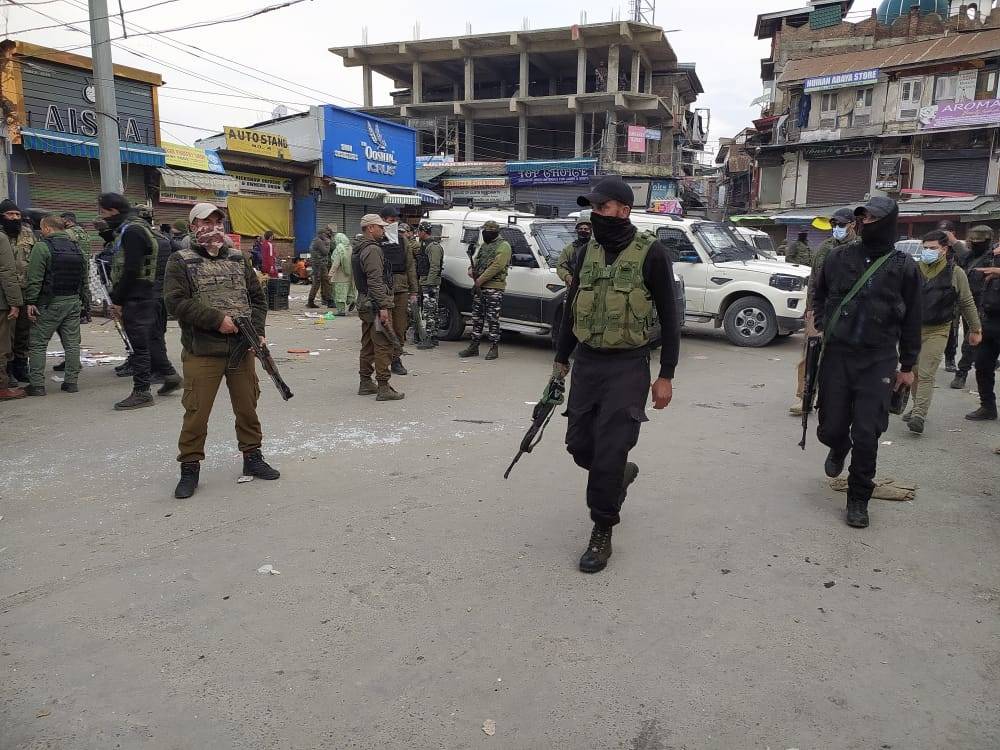
Also, for the first time, family members of terrorist victims have come out to share their experiences with the international community.
Until recently, the prevailing threat from radicals had discouraged them from publicly speaking about their sufferings. In her statement, Bushra stated that the long silence from thousands of victims had come to an end. She shared how more people would come out to speak against terrorism and the exploitation of the Kashmiris by radical Islamic militants.
Both Shuib Line and Tasleema informed the Human Rights Council of the increasing threat of hybrid warfare in Kashmir. Shuib is also a victim of terrorism. It was his wish to share his apprehensions with the United Nations on the behalf of the people of Kashmir.
Despite these improvements, participants noted that a new wave of killings was unleashed which primarily targeted women and minorities. Furthermore, Lone emphasized that developments in Afghanistan and the Middle East are being used to push online propaganda in Kashmir. The threat has developed into an international preoccupation, as false information about Kashmir is being spread by Muslim clerics in the United Kingdom to radicalize Muslim youth of South Asian origin.
Tasleema brought to the Council’s attention the growing cross-border drug trade in Jammu and Kashmir. The inability of terrorist networks to foment unrest in Jammu and Kashmir has increased their interest in the drug trade.
Radicalization of both Kashmiris and the South Asian diaspora is also caused by false social media narratives, particularly emanating from Turkey.
Ancient Kashmir was home to a majority Hindu and Buddhist population for millennia. Following waves of Islamic invasions which occurred over centuries, numerous foreign origin Muslim rulers (including from Turkic tribes) occupied Kashmir until 1819. It then came under Sikhs and later Hindu Dogra rule until the Indian subcontinent gained independence from Britain in 1947.
As the region is separated between India and Pakistan, Turkey, especially under President Recep Tayyip Erdogan has found it his prerogative to be involved in the Kashmir issue. The reason is that Erdogan is projecting a pan-Turkic mission, which also incorporates Jammu and Kashmir.
Pan-Turkism (or Turanism) is an irredentist ideology uniting all so-called Turkic Muslim peoples from Europe to Central Asia under a greater Turkish state or empire. The government of Turkey targets Kashmir for both its Pan-Turkic and jihadist ambitions.
Pakistan’s harassment of Kashmir through violent or stealth jihad should thus be seen as part of a larger global jihad, which has the backing of foreign states such as Turkey. The human rights of the ethnically cleansed Kashmiri Hindu population and other Kashmiris violated by Pakistani sponsored terror groups should not be forgotten. These ethnic cleansing campaigns in Kashmir resemble the same actions of the Turkish military and their jihadist proxies in places such as Syria and Libya.
Anywhere jihad or Islamism is empowered, albeit locally, it eventually affects a wider region, and if it is in the Turkic World or the former Ottoman Empire, Ankara’s hand is often behind it.
In 2020, for instance, Erdogan said at the United Nations General Assembly, “The Kashmir conflict, which is also key to the stability and peace of South Asia, is still a burning issue.”
“We are in favor of solving this issue through dialogue within the framework of the United Nations resolutions, especially in line with the expectations of the people of Kashmir,” Erdogan added, in direct contradiction of what Kashmiris themselves testify.
Only hours after Erdogan raised the Kashmir issue in the UNGA, India’s Permanent Representative to the United Nations, T. S. Tirumurti tweeted: “We have seen remarks by the President of Turkey on Indian UT [union territory] of Jammu and Kashmir. They constitute gross interference in India’s internal affairs and are completely unacceptable. Turkey should learn to respect the sovereignty of other nations and reflect on its policies more deeply.”
These are more than just mere diplomatic spats. What is alarming is the deepening military ties between Turkey and Pakistan, particularly relating to Kashmir. The two countries constantly hold joint military drills and Pakistan has received Bayraktar Akıncı combat drones from Turkey which are capable of hitting targets with missiles from a high-altitude.
In addition, Turkey has immense know-how in utilizing international jihadism, whilst Pakistan has mostly been reduced to exporting terrorism regionally. It is this expertise that can pose a danger because Turkey has the experience, the ambition and the motivation to build a pan-Turkic world stretching from Europe to Kashmir. In this way, local Muslim Kashmiris are just a pawn in a greater Turkish-Pakistani scheme. (Uzay Bulut/ModernDiplomacy)




